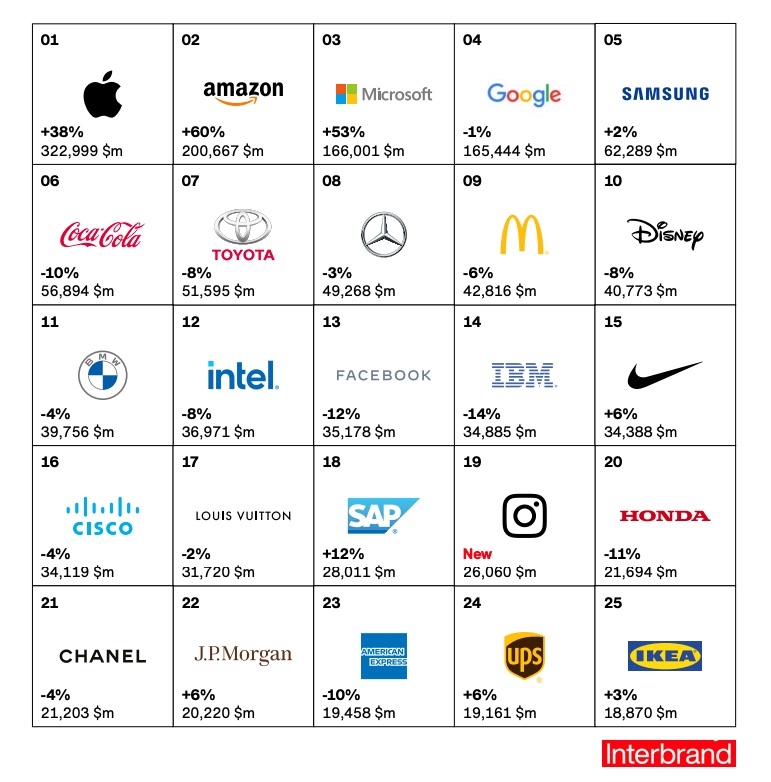“If being purposeful means doing ads to you, then you’re probably doing it wrong.”
I was struck by this observation from the ever-insightful Tom Roach in his essay exploring whether brand purpose is “the biggest lie the ad industry ever told.”
“If being purposeful means doing ads to you, then you’re probably doing it wrong.”
I was struck by this observation from the ever-insightful Tom Roach in his essay exploring whether brand purpose is “the biggest lie the ad industry ever told.”
Burger King’s advertising plays a different game
The products of creativity clients want from agencies aren’t art and copy but attention and commerce, says Faris Yakob – Burger King is the brand leading the way.
Vigilant firms gain an edge when navigating the uncertainties of digital technologies by paying close attention to what is happening on their periphery and fostering organizational agility, so they are ready to act when the time is right. Below, Wharton’s George Day and Paul Schoemaker examine three key principles that underpin organizational vigilance and show how Adobe’s leaders used them to great effect.
This article is reprinted with permission by Management and Business Review (MBR), which just launched this month. A “grassroots initiative to bridge practice, education and research,” MBR is offering readers the opportunity to download the first two issues free. You can visit MBR here to download the Winter 2021 issue or to subscribe.
This week I’m talking about disruption and transformation with Omar Abbosh, Corporate Vice President of Cross-Industry Solutions at Microsoft and Zuora’s newest board member. He joined Microsoft in June 2020 following 30 years at Accenture, driving strategic initiatives and digital transformation of leading companies around the world. Mr. Abbosh is the co-author of “Pivot to the Future” and holds a B.A. and an M.A. in Electronic and Software Engineering from the University of Cambridge and an M.B.A. from INSEAD in Fontainebleau, France.

The world’s five most valuable brands in 2020 are all technology companies, according to recent research from Interbrand.
Top sales innovators are embedding data and technology throughout their organizations to reimagine sales. Here’s how they do it.
Sales has always been a “sensing” organization, attuned to changes in customer sentiment, shifts in demand, and the requirements of different buying stages. But those senses are being flooded as customers shift to digital engagement, leaving sellers with more channels to cover and more interactions to manage.
The pandemic has been a challenge for many people, with 53% of adults in the United States reporting that COVID-related stress has negatively affected their mental health.
Working from home has sometimes added to the adversity, considering that 57% of remote employees say they don’t have a clear separation between their personal and work spaces.
Despite the pandemic-prompted loss of foot traffic, retail coffee is still among the most robust segments of the restaurant business. According to Research and Markets, coffee shops are expected to grow by 13% between now and 2024, becoming an $81 billion industry.
The world has changed. In the wake of Covid-19, and the global recession it has caused, business leaders, innovators, entrepreneurs, and investors are all girding for a long period of extremely challenging conditions in the global market. How can startups and innovators of all stripes survive in such conditions? Many are not prepared.